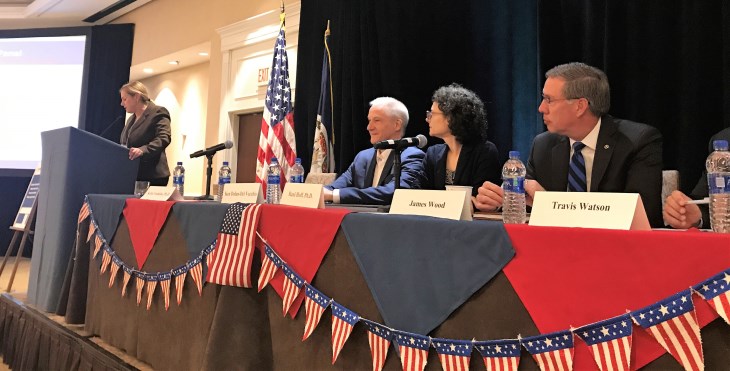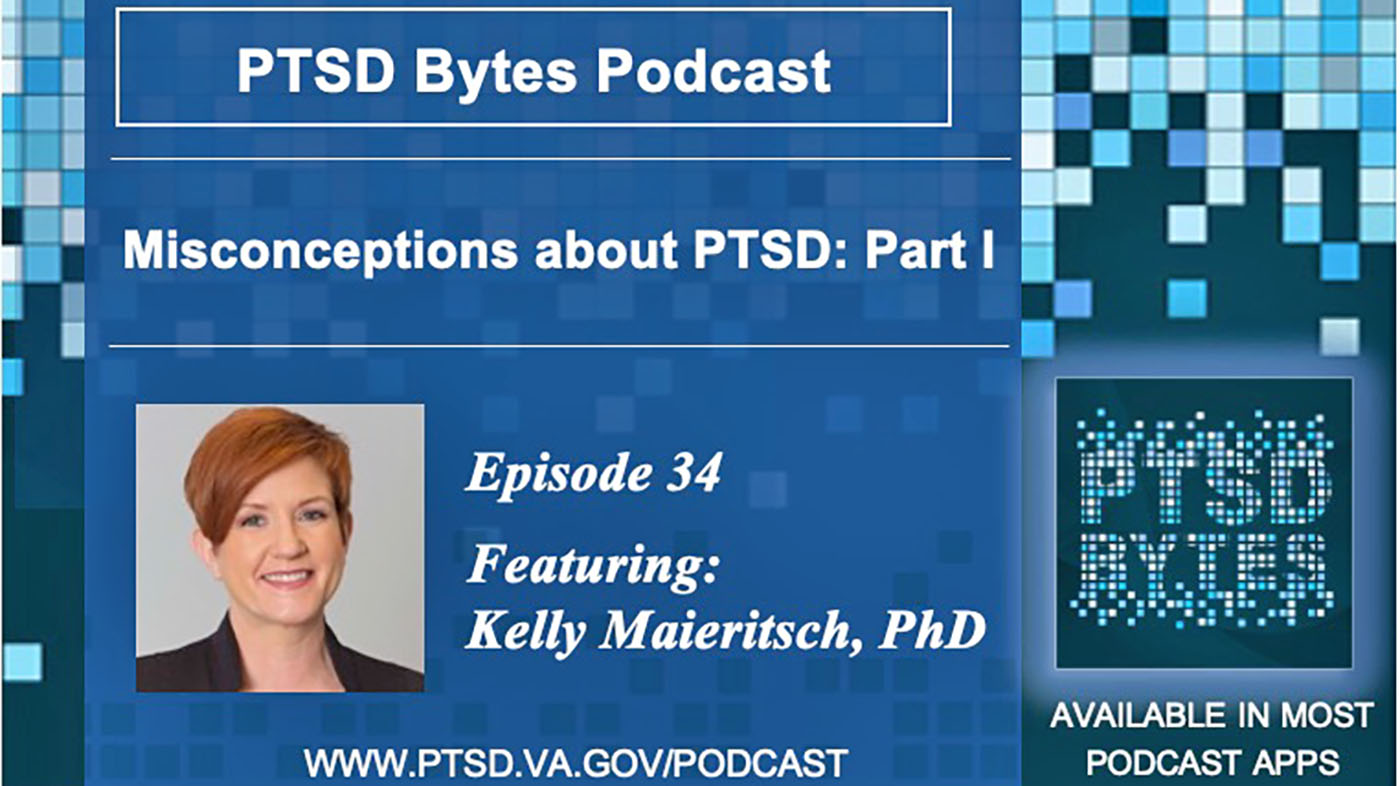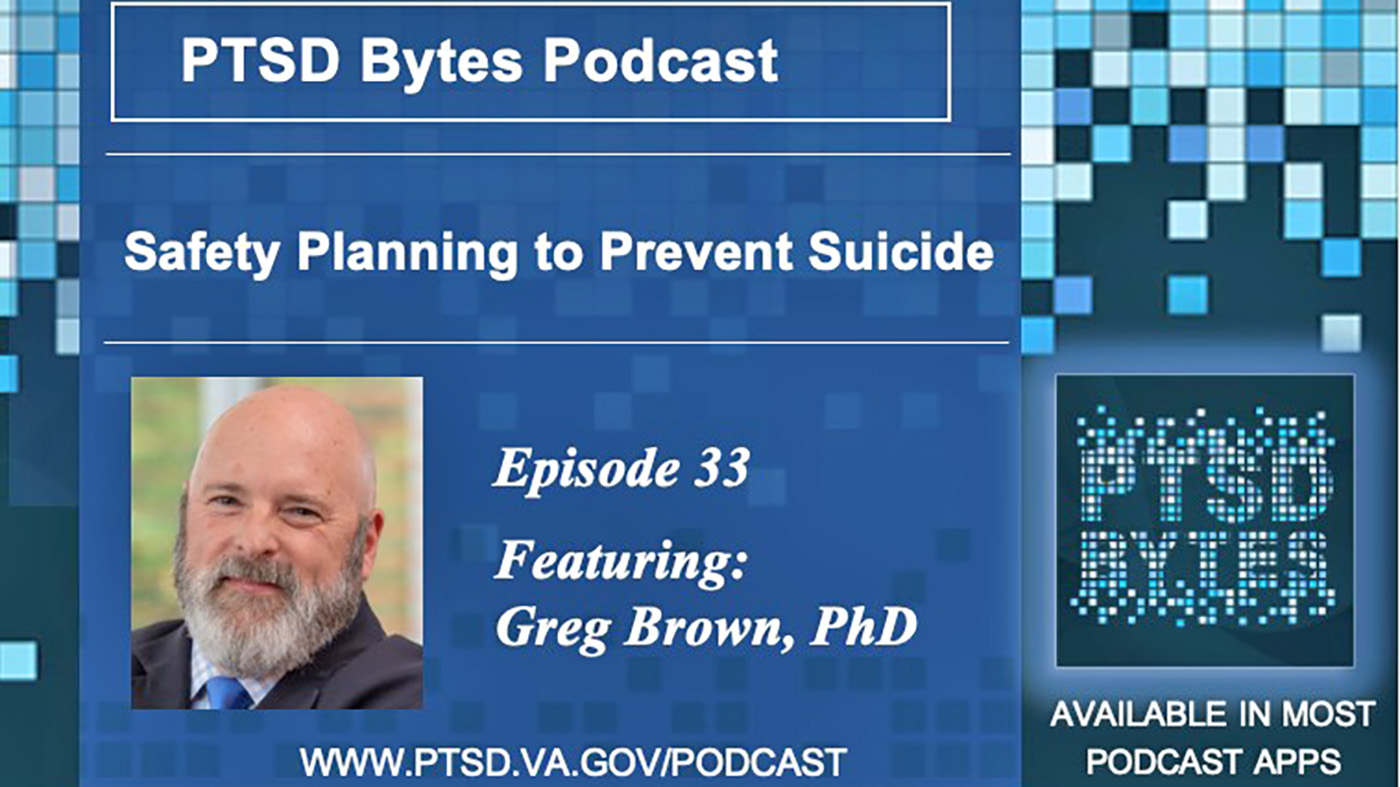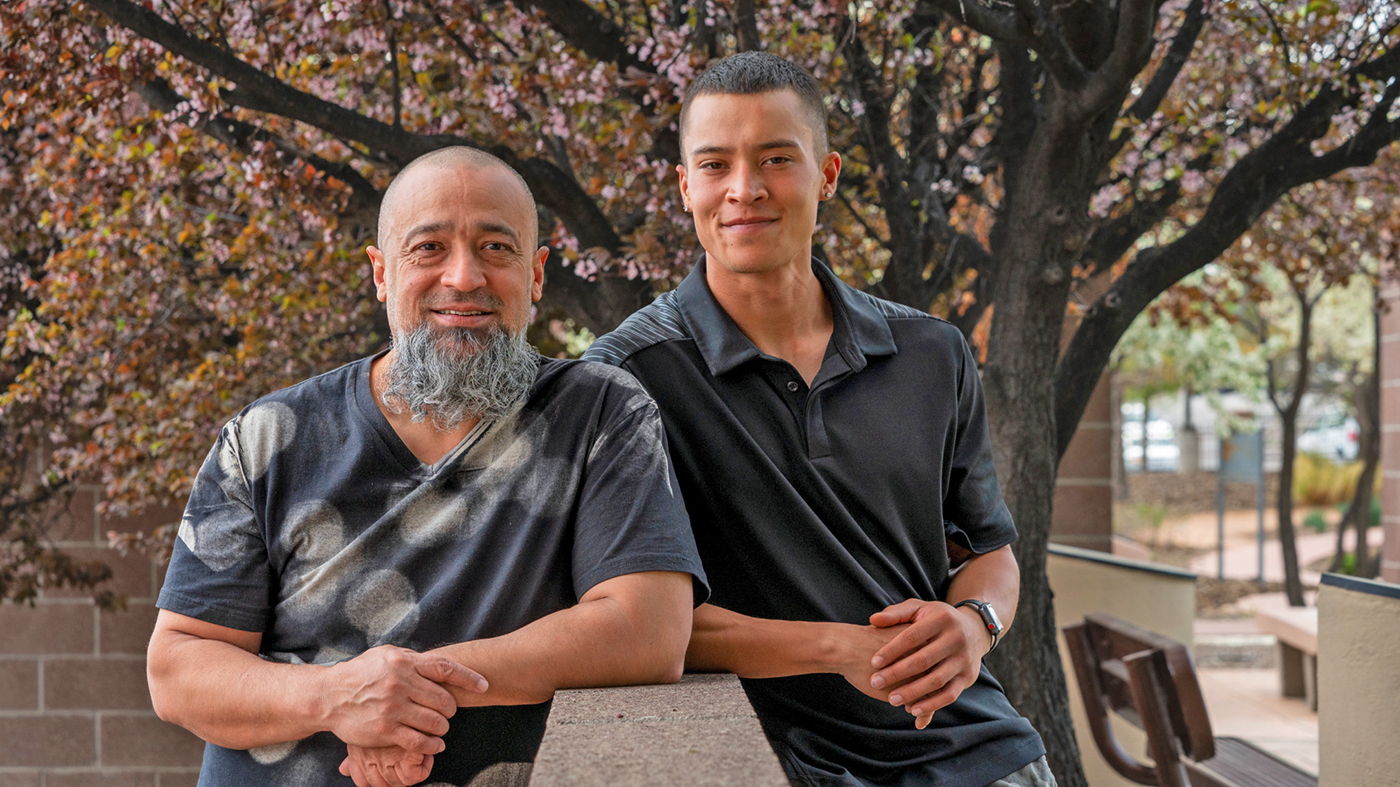Pictured above: Dr. Keita Franklin, executive director, suicide prevention for VA’s Office of Mental Health and Suicide Prevention.
As part of the Mayor’s Challenge sponsored by VA and the Substance Abuse and Mental Health Services Administration, employers from across the country gathered last month in Arlington, Virginia, for the “Employers Answering the Call: Helping to Prevent Suicide Among Service Members, Veterans and Their Families” conference. It was the largest gathering of employers focused on the important topic of reducing suicide rates among service members and Veterans in the U.S.
“We often hear that employers have struggled to talk about suicide prevention — to ask the difficult questions and discuss the often-stigmatized topics of mental health,” said Dr. Keita Franklin, executive director for suicide prevention with VA’s Office of Mental Health and Suicide Prevention. “But this gathering of employers proves to me that we are coming together to change cultures within our organizations and to reduce stigma and discrimination.”
Suicide is a national public health issue that affects communities everywhere. That’s why VA is embracing a public health approach that looks beyond the individual to involve peers, family members and the community in preventing suicide.
“Our mindset is that suicide prevention should not and cannot be left to just health professionals, doctors or proponents of mental health. Rather, suicide prevention is everyone’s business,” Franklin said. “To save lives, we must ensure that prevention strategies reach beyond health care settings, and the workplace is an integral part of this approach. We must go beyond our walls, go to the community and develop partnerships to save lives.”

Participant responses to the questions “What do employers want Veterans to know?” and “What do Veterans want employers to know about them?”
During the conference, representatives of several employers shared how they are working to prevent suicide among their Veteran employees. Prudential is working to change its culture so that leaders are more involved with employees facing mental health challenges before they reach a crisis point. VFW and Walgreens are partnering together and working with pharmacists so they are equipped to have important conversations about suicide with any member of their community. The University of Texas at San Antonio is linking campus clinics with VA clinics and finding ways to share data, help schedule appointments and treat Veterans.
“These are just a few examples of how we can shape workplace culture and create workplaces that address all forms of health — financial, physical, emotional, social and spiritual,” Franklin said. “For many, employment is an important part of how we define ourselves. It is the surest path to gaining a fulfilling purpose in life within a select community — and it is an essential part of saving lives.
“My message to employers is this: Think far and wide in your work. We meet the mission of employment agencies by taking care of our employees. Let’s not wait until they come to us. Instead, let’s make sure that all of our employees know that it’s OK if you’re not OK.”
If you or someone you know is in crisis, support is available. The National Suicide Prevention Lifeline is available 24/7 to all at 1-800-273-8255. Veterans, service members, and their families and friends can call the Veterans and Military Crisis Line at 1-800-273-8255 and Press 1, chat online at VeteransCrisisLine.net/Chat, or send a text message to 838255.
About the author: Megan McCarthy, Ph.D., is the deputy director for suicide prevention with VA’s Office of Mental Health and Suicide Prevention.
Topics in this story
More Stories
In a two-part series, Dr. Colleen Becket-Davenport discusses some common myths surrounding PTSD with Dr. Kelly Maieritsch.
In this episode of the PTSD Bytes podcast, we speak with with Dr. Greg Brown, Philadelphia VA clinical psychologist, about how safety planning can prevent suicide.
No one’s life is perfect. Even if a Veteran you care about seems fine, check in to make sure they’re OK.






